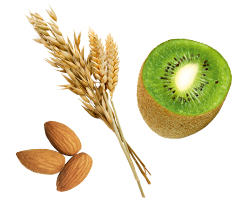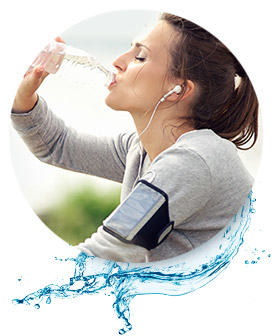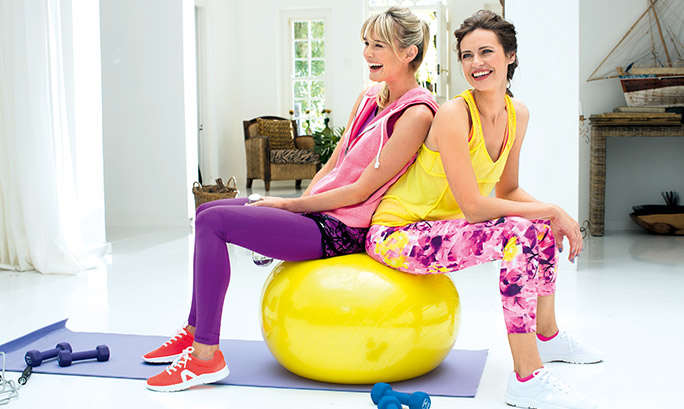
“It’s not uncommon for people to over-compensate for the calories that they believe they’ve burnt off during exercise, particularly if exercising makes you feel very hungry,” explains Elisabet. Numerous studies show that we consistently overestimate how many calories we burn while working out. And, on top of that, we underestimate how many calories we eat. We forget the small things – a handful of nuts, a soft drink, a piece of fruit – and over time these snacks add up, and so do the kilos of course. “It’s simple math,” Elisabet affirms, “to lose weight, you have to use up more calories than you ingest.”
DIET IS KEY
“If you exercise a lot and then eat the wrong things or simply too much, you will not lose weight.” She recommends eating a fibre and protein-rich diet that will make you feel full for longer and prevent you from eating more 
MUSCLE VS FAT
A kilo of muscle weighs the same as a kilo of fat – they both weigh a kilo. But muscle is denser and more compact than fat, which means that it takes up less space in your body than fat does. Even though your body is getting trimmer and more muscular, you may find that your weight is increasing – so instead of using the scales, wrap a measuring tape around your problem areas; if they’re getting slimmer you’re likely to have lost weight and built muscle.
WATER WEIGHT?
Water weight means that water is temporarily stored in your body. This is why weight can fluctuate from one day to the next. “Excess water weight can be avoided by exercising, drinking enough water (because water is retained if we are dehydrated!), cutting down on salt and eating dietary fibre.”

Cardiovascular exercise, like running and cycling, burns more calories during exercise, whereas weight training encourages your body to burn more calories throughout the day. You should do both. But integrating healthy habits into your daily life will also have a positive impact on your weight. “Try to find good everyday-exercises,” suggests Elisabet. “Take the stairs instead of the elevator, get off the bus early and walk, park your car further away so you have to walk the last bit.” Try monitoring your daily activity with a step-counter app – the goal is 10,000 steps a day.
THE VERDICT
The truth is this: for most people, a healthy diet trumps exercise when it comes to weight loss. But when it comes to health (and that’s the most important thing of all), you need to do both. It takes time to build muscle, so if you’re finding that you’re putting on weight but you went for a run, it’s not muscle weight we’re afraid, it’s probably the result of having eaten too much, eating the wrong foods or water weight. Start by making small changes to your lifestyle – walking places, switching soda for water – and you’ll be moving towards a healthier you!



